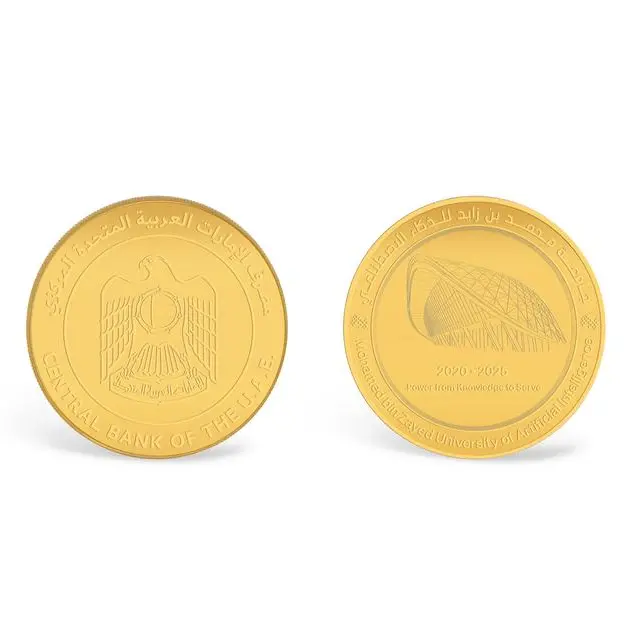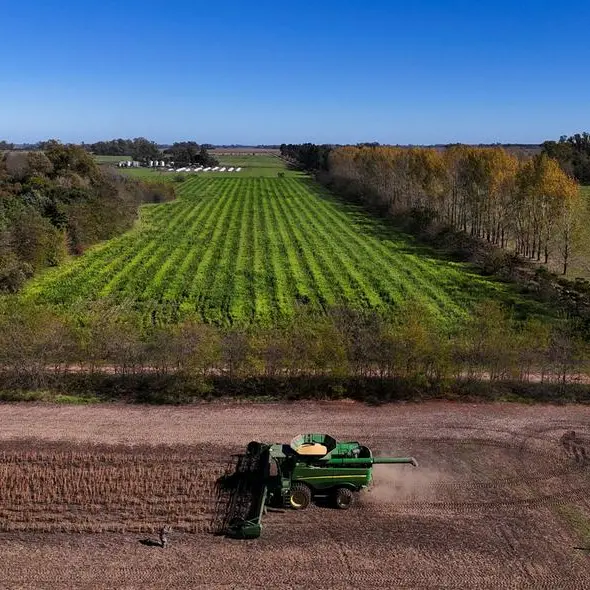Industrial sector investments in Saudi Arabia jumped 281% in the last 12 months and delivered a staggering 30,000 new jobs despite the headwinds to economic growth as a result of the pandemic, according to Knight Frank.
The fast-paced growth in Saudi Arabia’s industrial sector has also been supported by initiatives led by Modon. Apart from developing and managing 36 industrial cities around the kingdom, spread across more than 200 million sqm of developed land, Modon has started to offer new products and services, such as ready warehouses, self-storage units and financing solutions to small and medium enterprises and entrepreneurs, including ‘plug n’ play’ factories.
The real estate market in Saudi Arabia has remained resilient, with all sectors growing rapidly over the course of the last 18 months. The industrial sector however stands out due to its exceptional expansion, according to the H1 Saudi Arabia Industrial Market Review by Knight Frank, global property consultant.
Faisal Durrani, Partner – Head of Middle East Research, Knight Frank, explained: “The government’s transformational vision for the economy is nowhere more visible than in the real estate market, with the industrial market in particular emerging as a stand-out performer.”
Durrani added: “While the government’s economic initiatives have been a catalyst for the growth in the industrial sector, the pandemic has played an equally significant role. The shift to online shopping has driven a surge in requirements for modern distribution facilities, built to international specifications, which remain in very short supply.
“We do not expect a let-up in online shopping and indeed the government forecasts revenues for the sector to close in on SR30 billion ($8 billion) this year, up from SR24.7 billion in 2020.”
The market’s buoyancy is driving up lease rates and occupancy levels, according to Knight Frank. In Riyadh, rents have risen by almost 7% over the last 12 months and currently stand at about SR130 psm, but range from SR65-250 psm. Meanwhile, Jeddah has recorded rent rises of 4.5% over the same period, with better quality space recording rents as high as SR310 psm.
“The growing delta between rents for best in class and more secondary warehouses across the kingdom is set to widen as demand intensifies for modern facilities. And with occupancy levels in Riyadh at 92% and Jeddah at 87%, both up two percentages points on last year, we expect upward rental pressure to persist. Riyadh in particular is expected to outperform Jeddah as stock levels have remained unchanged so far this year. Indeed, over the last six months, prime rents have increased by close to 8%, while grade B rents have retreated by 3.5%,” Durrani said.
Knight Frank highlights that the rising demand for prime space is being met with limited high-quality stock. Traditionally, developers have developed warehouse and logistics facilities based on speculative demand, while built-to-suit stock has always been limited. However, this trend is reversing. Developers are increasingly building stock only when demand has been confirmed, further limiting new supply.
Durrani concluded: “The shortage of prime supply, combining with the shift in developer attitudes towards speculative development means we may be on the cusp of creating a vibrant institutional investment market, provided adequate international regulations are also developed. Attracting global capital in a meaningful way has always been a challenge, not just for the kingdom, but the region in general. Part of the challenge has been around the lack of institutional grade assets, but this is changing and some developers are already turning their attention to plugging this gap.”-- TradeArabia News Service
Copyright 2021 Al Hilal Publishing and Marketing Group Provided by SyndiGate Media Inc. (Syndigate.info).
Disclaimer: The content of this article is syndicated or provided to this website from an external third party provider. We are not responsible for, and do not control, such external websites, entities, applications or media publishers. The body of the text is provided on an “as is” and “as available” basis and has not been edited in any way. Neither we nor our affiliates guarantee the accuracy of or endorse the views or opinions expressed in this article. Read our full disclaimer policy here.




















